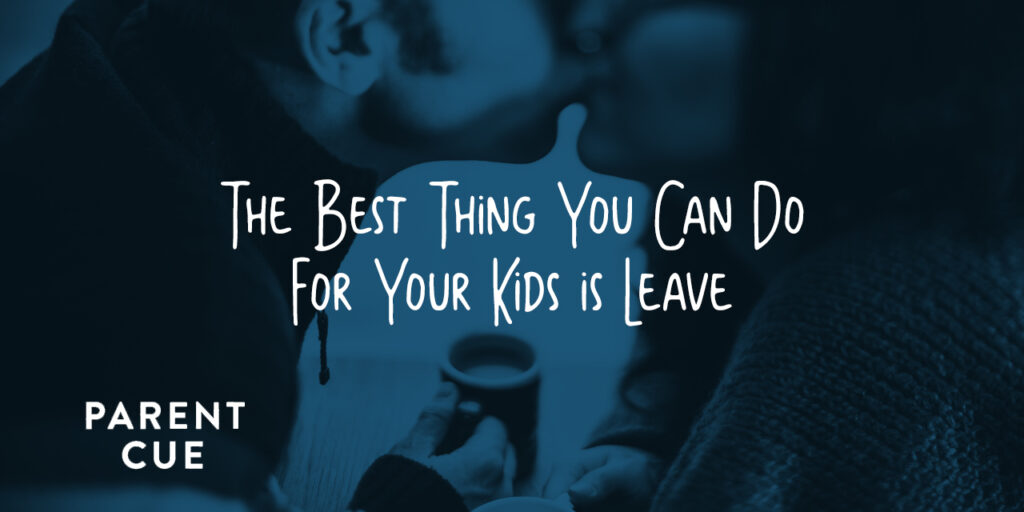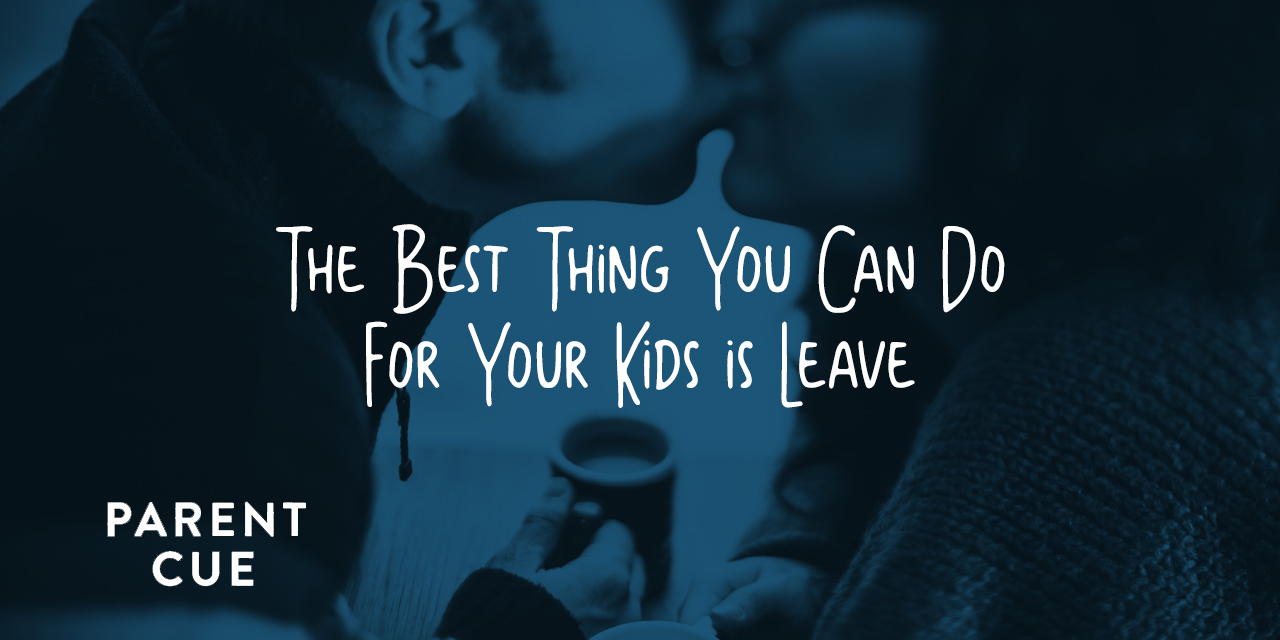
What’s the Best Thing You Can Do? A Guide to Maximizing Your Potential
In a world overflowing with advice, self-help gurus, and countless opportunities, the question, “What’s the best thing you can do?” can feel overwhelming. It’s a question that delves into the core of our purpose, potential, and the impact we want to leave on the world. There isn’t a single, universally correct answer; the best course of action is deeply personal and contingent on individual circumstances, values, and aspirations. However, by exploring different facets of this question, we can arrive at a framework for making informed decisions and living a more fulfilling life.
This article aims to provide a comprehensive guide to navigating this complex question, exploring various perspectives, and offering actionable steps for maximizing your potential. We’ll examine the importance of self-awareness, the power of continuous learning, the significance of meaningful relationships, and the impact of contributing to something larger than yourself. Ultimately, the goal is to empower you to define what “the best thing” means for you and to equip you with the tools to pursue it wholeheartedly.
Understanding Yourself: The Foundation for Action
Before embarking on any grand quest or setting lofty goals, it’s crucial to understand yourself. This involves a deep dive into your values, strengths, weaknesses, passions, and motivations. Self-awareness is the cornerstone of making informed decisions and aligning your actions with your authentic self. Without it, you risk chasing goals that don’t truly resonate or pursuing paths that lead to dissatisfaction.
Identifying Your Values
Values are the guiding principles that shape your beliefs, attitudes, and behaviors. They are the things that are most important to you in life, and they influence your decisions, relationships, and overall sense of well-being. Identifying your core values is a critical step in determining what’s the best thing you can do because it provides a compass for navigating life’s complexities.
Consider the following questions to help you identify your values:
- What principles are most important to you? (e.g., honesty, integrity, compassion, creativity, freedom)
- What activities make you feel most alive and engaged?
- What are you most proud of accomplishing?
- What are you most passionate about defending?
- What qualities do you admire in others?
Once you’ve identified your values, reflect on how they align with your current actions and goals. Are you living in accordance with your values? If not, what changes can you make to bridge the gap?
Recognizing Your Strengths and Weaknesses
Understanding your strengths and weaknesses is another essential aspect of self-awareness. Knowing what you excel at allows you to leverage your talents and focus your energy on activities where you can make the greatest impact. Conversely, acknowledging your weaknesses enables you to seek support, delegate tasks, or develop strategies to mitigate their impact. This is important because what’s the best thing you can do often involves maximizing your strengths and minimizing the impact of your weaknesses.
Consider using tools like the CliftonStrengths assessment or the VIA Character Strengths Survey to gain a deeper understanding of your strengths. Ask for feedback from trusted friends, family members, or colleagues. Reflect on your past experiences and identify situations where you felt most confident and competent, as well as situations where you struggled.
Exploring Your Passions and Motivations
Passion is the fuel that drives us to pursue our goals with enthusiasm and dedication. Identifying your passions involves exploring your interests, curiosity, and what truly excites you. Motivation, on the other hand, is the internal drive that compels you to take action. Understanding your motivations—whether they are intrinsic (driven by internal rewards) or extrinsic (driven by external rewards)—can help you align your actions with your deepest desires.
Consider the following questions to explore your passions and motivations:
- What activities do you lose track of time while doing?
- What topics are you most curious about?
- What problems do you feel compelled to solve?
- What impact do you want to make on the world?
- What motivates you to get out of bed in the morning?
The Power of Continuous Learning
In today’s rapidly changing world, continuous learning is no longer a luxury; it’s a necessity. What’s the best thing you can do is often to invest in yourself through lifelong learning. Whether it’s acquiring new skills, expanding your knowledge base, or simply staying curious, continuous learning allows you to adapt to new challenges, seize new opportunities, and remain relevant in your chosen field.
Embracing a Growth Mindset
A growth mindset, as defined by Carol Dweck, is the belief that your abilities and intelligence can be developed through dedication and hard work. Embracing a growth mindset allows you to view challenges as opportunities for growth, setbacks as learning experiences, and effort as a path to mastery. This mindset is crucial for continuous learning because it fosters resilience, perseverance, and a willingness to step outside of your comfort zone. This is important when considering what’s the best thing you can do.
Seeking Out New Knowledge and Skills
There are countless ways to acquire new knowledge and skills. You can enroll in online courses, attend workshops or conferences, read books or articles, listen to podcasts, or simply engage in conversations with experts in your field. The key is to be proactive and intentional about your learning. Identify areas where you want to improve or skills that you want to acquire, and then seek out resources that can help you achieve your goals.
Staying Curious and Open-Minded
Curiosity is the engine of learning. Cultivate a sense of curiosity by asking questions, exploring new ideas, and challenging your assumptions. Be open to new perspectives and willing to consider different points of view. This will not only expand your knowledge base but also broaden your horizons and enhance your critical thinking skills. Often, what’s the best thing you can do involves approaching situations with curiosity and an open mind.
Building Meaningful Relationships
Humans are social creatures, and our relationships play a vital role in our well-being and happiness. Building and nurturing meaningful relationships is often what’s the best thing you can do for your personal and professional growth. Strong relationships provide support, encouragement, and a sense of belonging. They can also offer valuable perspectives and insights that can help you make better decisions.
Investing in Existing Relationships
Take the time to cultivate your existing relationships with family, friends, and colleagues. Make an effort to connect with them regularly, listen attentively to their concerns, and offer your support when needed. Show appreciation for their presence in your life and express your gratitude for their contributions. Small gestures of kindness can go a long way in strengthening your bonds.
Building New Connections
Don’t be afraid to step outside of your comfort zone and build new connections. Attend networking events, join clubs or organizations that align with your interests, or simply strike up conversations with people you encounter in your daily life. Be open and approachable, and show genuine interest in others. You never know where a new connection might lead.
Practicing Empathy and Compassion
Empathy is the ability to understand and share the feelings of others. Compassion is the desire to alleviate suffering. Practicing empathy and compassion in your relationships can deepen your connections and foster a sense of mutual understanding. Try to see things from other people’s perspectives, validate their feelings, and offer your support without judgment. Remember, what’s the best thing you can do might be simply offering a listening ear.
Contributing to Something Larger Than Yourself
While self-improvement and personal growth are important, it’s equally important to contribute to something larger than yourself. This could involve volunteering your time, donating to a cause you believe in, or simply making a positive impact on your community. Contributing to something larger than yourself provides a sense of purpose and fulfillment that can’t be found elsewhere. Sometimes, what’s the best thing you can do is to focus on helping others.
Finding Your Cause
Identify a cause that resonates with your values and passions. This could be anything from environmental protection to social justice to animal welfare. Choose a cause that you feel deeply connected to and that you are willing to dedicate your time and energy to. Consider the impact you want to make and the ways in which you can contribute effectively.
Volunteering Your Time and Skills
Volunteering your time and skills is a powerful way to contribute to your chosen cause. Offer your services to organizations that are working to address the issue you care about. This could involve anything from administrative tasks to fundraising to direct service. Your contribution, no matter how small, can make a difference. Determining what’s the best thing you can do often involves finding a way to contribute your unique skills.
Making a Positive Impact on Your Community
You don’t have to travel to far-flung corners of the world to make a positive impact. You can start by making a difference in your own community. This could involve volunteering at a local soup kitchen, mentoring a young person, or simply being a good neighbor. Small acts of kindness can have a ripple effect and create a more positive and supportive environment for everyone.
The Best Thing You Can Do: A Personal Definition
Ultimately, what’s the best thing you can do is a question that only you can answer. It’s a personal journey of self-discovery, exploration, and growth. By understanding yourself, embracing continuous learning, building meaningful relationships, and contributing to something larger than yourself, you can create a life that is both fulfilling and impactful. Don’t be afraid to experiment, take risks, and learn from your mistakes. The most important thing is to keep moving forward and to continue striving to become the best version of yourself. The answer to what’s the best thing you can do is constantly evolving as you grow and change.
Consider [See also: How to Find Your Passion] and [See also: The Importance of Self-Care]. These articles provide additional insights into related topics.
In conclusion, the best thing you can do is to live a life aligned with your values, passions, and purpose. It’s about making a positive impact on the world and leaving a legacy that you can be proud of. So, take the time to reflect on what truly matters to you and start taking steps towards creating the life you envision. What’s the best thing you can do? The answer is within you.

